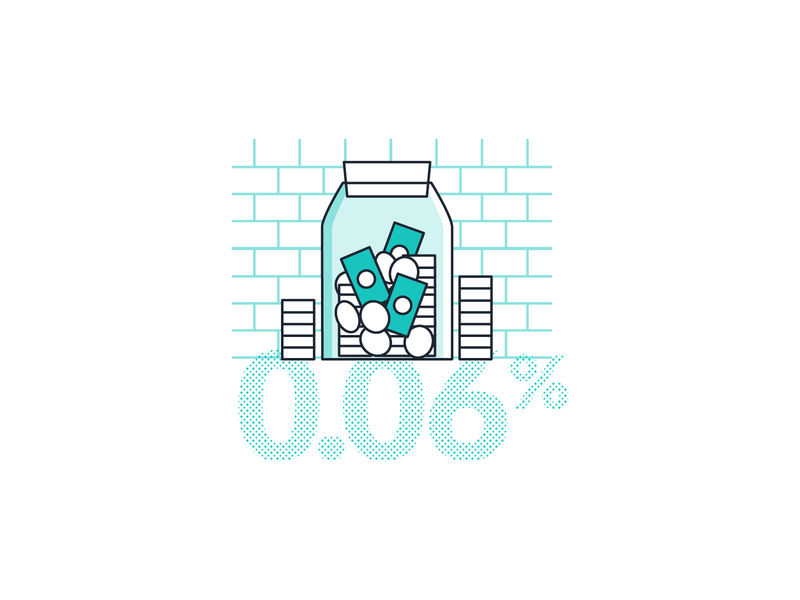The Consequences Of Stopping Working To Satisfy An Efficiency Bond
The Consequences Of Stopping Working To Satisfy An Efficiency Bond
Blog Article
Writer-
When a surety concerns an efficiency bond, it assures that the principal (the party who purchases the bond) will fulfill their responsibilities under the bond's terms. If the major fails to satisfy these responsibilities and defaults on the bond, the guaranty is accountable for covering any losses or damages that result.
1. Loss of online reputation: Defaulting on a performance bond can damage the principal's reputation and trustworthiness, making it more difficult to safeguard future organization or funding.
2. Legal and management prices: The surety may need to pay lawful and management expenses associated with pursuing the principal for problems or trying to correct the scenario.
3. Financial losses: The guaranty might require to cover the price of finishing the task or providing the services that the principal stopped working to provide. This can cause substantial financial losses for the surety.
4. Enhanced premiums: If the principal has a background of defaulting on performance bonds, they may be required to pay greater costs in the future to acquire the required bonding.
On the whole, back-pedaling an efficiency bond can have serious economic consequences for both the principal and the guaranty. It is very important for principals to very carefully consider their responsibilities and guarantee they are able to meet the regards to the bond to avoid these negative end results.
Back-pedaling an efficiency bond can be an expensive mistake for services. When you fall short to satisfy the bond's obligations, the monetary effects can be significant. From paying the complete bond total up to prospective legal fights and harmed connections, the effects can reverberate throughout your organization procedures. Understanding the detailed web of economic impacts that back-pedaling a performance bond can have is important for guarding your business's monetary health and wellness and track record.
Financial Penalties for Defaulting
If you back-pedal an efficiency bond, you'll likely deal with significant punitive damages. These fines can vary depending on the terms of the bond arrangement yet typically involve paying the bond amount in full to the obligee. This suggests that if you fall short to meet your legal responsibilities, you must pay the bond total up to the task proprietor or the entity that called for the bond.
Additionally, you might likewise be in charge of any type of extra prices incurred by the obligee as a result of your default, such as finding a substitute professional or covering job delays.
Defaulting on a performance bond can also lead to legal fees and court costs if the obligee decides to take legal action versus you to recoup the bond amount. These costs can promptly add up, more intensifying the monetary influence of your default. It's vital to carefully evaluate and comprehend the terms of the performance bond to avoid these extreme punitive damages.
Influence On Business Capital
Back-pedaling a performance bond can dramatically influence your organization cash flow, influencing financial stability and functional abilities. When surety bond example -pedal a performance bond, you run the risk of losing the bond amount, which can be a considerable amount. This loss directly impacts your capital, as you'll need to find alternative resources of moneying to cover the bond amount. In addition, skipping can cause enhanced examination from sureties, making it harder and extra expensive to secure bonds in the future. This can further stress your capital as you may require to assign added resources to fulfill bonding demands.
The impact on your cash flow doesn't quit there. Defaulting on a performance bond can likewise result in project hold-ups or cancellations, leading to a loss of profits. Additionally, the negative credibility that comes with skipping can hinder prospective customers, better decreasing your capital. In general, defaulting on a performance bond can have damaging impacts on your service's monetary health and wellness and capacity to run smoothly.
Lawful Implications and Claims
Facing lawful ramifications and prospective suits due to defaulting on an efficiency bond can significantly impact your business's credibility and monetary standing. When you back-pedal an efficiency bond, the guaranty company may take lawsuit to recover the bond quantity paid out. This could cause pricey legal costs, court costs, and potential settlements or judgments against your company.
Moreover, defaulting on an efficiency bond might bring about harmed connections with clients, subcontractors, and vendors, affecting your capacity to secure future agreements. Suits occurring from bond defaults can tarnish your organization's reliability in the market, making it challenging to draw in new partners or consumers.
In addition, if the default causes a court judgment against your company, it might cause possession seizure or liens, even more stressing your monetary security. For that reason, it's critical to understand the legal implications of back-pedaling an efficiency bond and take proactive actions to minimize the risks included.
Final thought
As you deal with the effects of back-pedaling a performance bond, remember this: it resembles walking a tightrope without a safeguard. what is a bonding company can send you plunging right into a financial freefall, without way to quit the loss.
The punitive damages, cash flow impact, and legal implications are all waiting to capture you if you slip up. So step thoroughly, and always recognize your dedications to stay clear of the rough repercussions of default.
